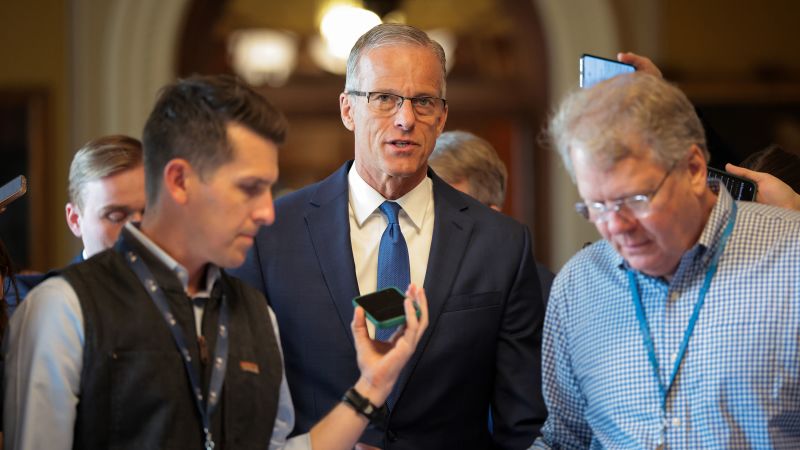Providers Fighting for Better Senate Budget Bill

Long-term care operators are looking to the US Senate for more favorable terms after the House passed a budget reconciliation bill with significant Medicaid cuts and a freeze on provider taxes. LeadingAge CEO Katie Sloan criticized the House bill as "cold-hearted legislation that will have ugly consequences," but urged providers to collaborate with lawmakers for a better bill. The Senate is expected to take several weeks to develop its budget bill, after which both proposals will need to be reconciled before reaching the President's desk. Stakeholders are preparing to lobby extensively throughout this process.
LeadingAge plans to work with the Senate to oppose the House's proposal to potentially remove at least 10 million people from their health insurance, cut $500 billion from Medicare, and slash $800 billion in federal Medicaid funding. Sloan stated that these actions would damage the health safety net for older adults and increase healthcare costs.
The House legislation passed narrowly (215-214), indicating divisions even within the Republican party. The Congressional Budget Office (CBO) estimates the package would cut $500 billion from Medicare and $700 billion from Medicaid over 10 years, potentially causing over eight million people to lose their health insurance. Experts believe that the long-term care sector will inevitably face cuts under these terms. The House bill also aims to freeze provider taxes, potentially preventing operators from receiving reimbursement rate increases.
The American Health Care Association (AHCA) is using the hashtag #StandBySeniors on social media, urging Senators to consider that Medicaid already underfunds long-term care costs. AHCA/NCAL President and CEO Clif Porter called for restoring flexibility to states regarding provider taxes and protecting seniors from the devastation of any cuts. He emphasized that Medicaid needs adequate resources and states must have the adaptability to meet their obligations.
Policy insiders are focused on how much the Senate can adjust the House's proposed Medicaid cuts. Disagreements between staunch conservatives and moderate GOP Senators are expected. Senator Josh Hawley (R-MO) has publicly opposed Medicaid cuts, particularly regarding provider taxes, stating that they penalize low-tax states like Missouri. He has called Medicaid reductions "morally wrong." Senators Lisa Murkowski (R-AK) and Susan Collins (R-ME) have also urged caution on Medicaid cuts.
The GOP has a narrow 53-47 majority in the Senate. Senator Rand Paul (R-KY) has stated he will not vote for any budget proposals that increase the federal debt ceiling. With debt ceiling pressures mounting, negotiators from Congress and the White House are expected to reach a high-pressure agreement by the end of July.












